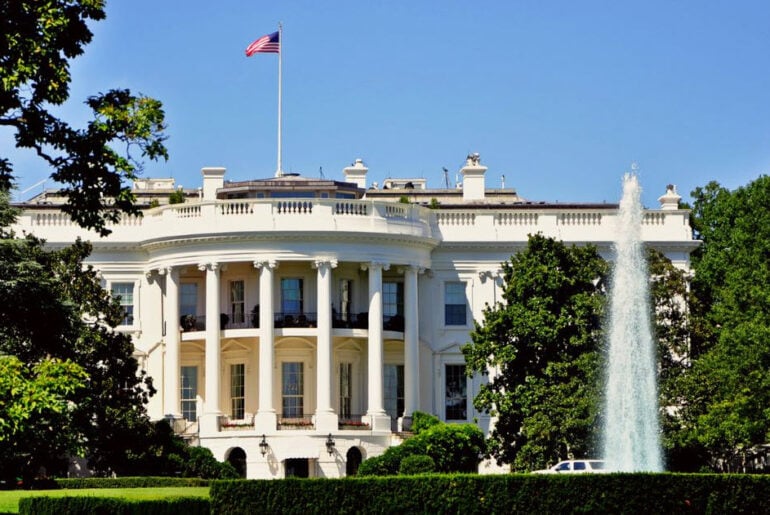On 3 March 2023, the Criminal Division of the United States Department of Justice published details of a three-year Pilot Program Regarding Compensation Incentives and Clawbacks. The Compensation Pilot Program is effective 15 March 2023 and from that date it will be applicable to all corporate criminal matters handled by the DOJ Criminal Division. At the same time, DOJ also updated its Evaluation of Corporate Compliance Programs guidance document to reflect the criteria introduced by the Compensation Pilot Program, among other updates.
On 12 January 2023, the Government of Indonesia enacted Law No. 4/2023 on Development and Strengthening of the Financial Sector (Pengembangan dan Penguatan Sektor Keuangan). This law amended several laws, including capital markets law, which was regulated under Law No. 8/1995 on Capital Markets.
In this alert, we highlight some changes relating to post-IPO obligations (i.e., share ownership reporting, disclosure of material information and insider trading).
On 22 February 2023, the US Department of Justice announced a new voluntary self-disclosure policy for corporate criminal enforcement in all 94 United States Attorneys’ Offices across the country. This new voluntary self-disclosure policy is a response to Deputy Attorney General Lisa Monaco’s 15 September 2022 Memorandum insisting all DOJ divisions develop a self-disclosure policy, to the extent one does not already exist. Other DOJ components, including the Criminal Division, have already taken steps to issue or update their own policies on this topic.
Spanish Official State Gazette published Law 2/2023 on 20 February 2023, which transposes the EU Whistleblower Directive (Directive (EU) 2019/1937 of the European Parliament and of the Council of 23 October 2019 on the protection of persons who report breaches of European Union law) into Spanish law.
On 22 February 2023, the US Department of Justice (DOJ) announced a new voluntary self-disclosure policy for corporate criminal enforcement in all 94 United States Attorneys’ Offices (USAOs) across the country.
This new voluntary self-disclosure policy is a response to Deputy Attorney General Lisa Monaco’s 15 September 2022 Memorandum (“Monaco Memo”) insisting all DOJ divisions develop a self-disclosure policy, to the extent one does not already exist. Other DOJ components, including the Criminal Division, have already taken steps to issue or update their own policies on this topic.
On 16 February 2023, Argentina signed the Second Additional Protocol to the Convention on Cybercrime, known as the Budapest Convention, becoming its 35th signatory state. The Second Protocol responds to the challenge of obtaining electronic evidence that may be stored in foreign jurisdictions when carrying out criminal investigations. It also aims to provide tools to enhance cooperation and disclosure of electronic evidence.
On 23 October 2019, the European Parliament and the Council adopted Directive (EU) 2019/1937 on the protection of persons who report breaches of Union law, informally referred to as the “EU Whistleblower Directive”.
Belgium has implemented the EU Whistleblower Directive separately for the public and the private sectors, with the Act of 8 December 2022 on reporting channels and protection of whistleblowers in federal public sector bodies and the integrated police, and the Act of 28 November 2022 on the protection of whistleblowers of breaches of Union or national law established within a legal entity in the private sector, published on 15 December 2022, which came into effect on 15 February 2023.
The European Whistleblowing Directive (WBD) was supposed to be implemented by the European Union’s 27 member states by no later than 17th December 2021, impacting employers with operations in those jurisdictions.
This article looks at what those key challenges are and the unique support we can offer in helping global employers harmonize their global approach to managing whistleblowing reports within the prescriptive requirements of the WBD.
On 1 February 2023, the Austrian National Council passed the so-called Whistleblower Protection Act (HinweisgeberInnenschutzgesetz). This law regulates a set of obligations for companies in relation to whistleblowing, with the setup of an internal “whistle-blowing system” a priority. This new law will come into force shortly — following a formal confirmation by the Federal Council of Austria, which is still pending. The Austrian legislator is finally implementing the requirements of the EU Whistleblower Directive, although with a delay of more than a year.
US laws have traditionally given online services significant leeway to moderate user-generated content however they see fit. In particular, there is a long history of US courts relying on Section 230 of the Communications Decency Act (CDA 230) to reject a wide range of claims seeking to hold online services providers liable for hosting, displaying, removing or blocking third-party content, including under contract, defamation, tort and civil rights laws. CDA 230 does not protect online services providers from all claims related to third-party content. For example, there are statutory exceptions for IP infringements and criminal violations. But many commentators credit CDA 230 as one of the most important laws in the development of the internet by allowing online services providers to focus on growing their user base without having to discharge unduly burdensome duties to continuously review, assess and moderate user-generated content.



